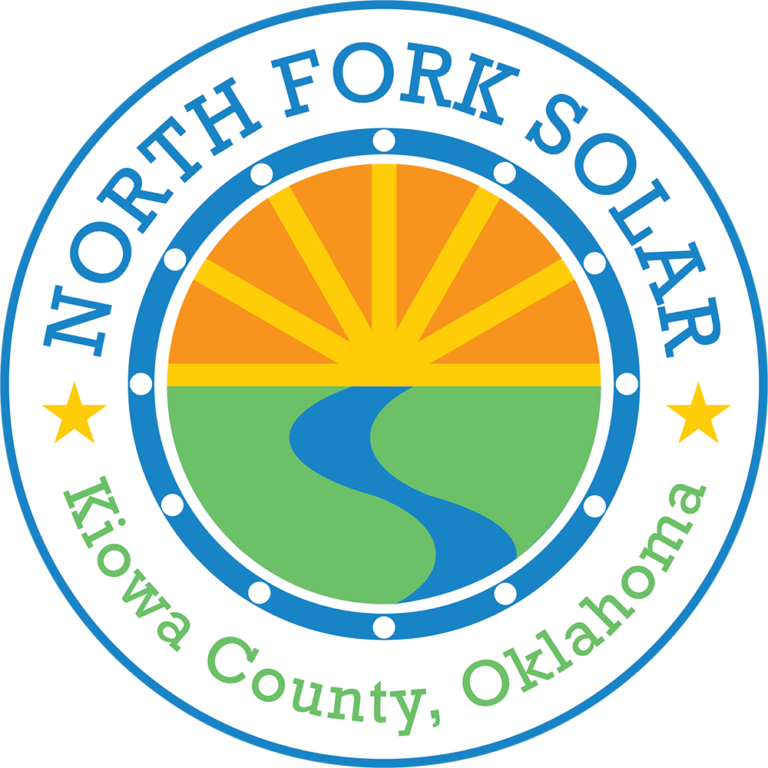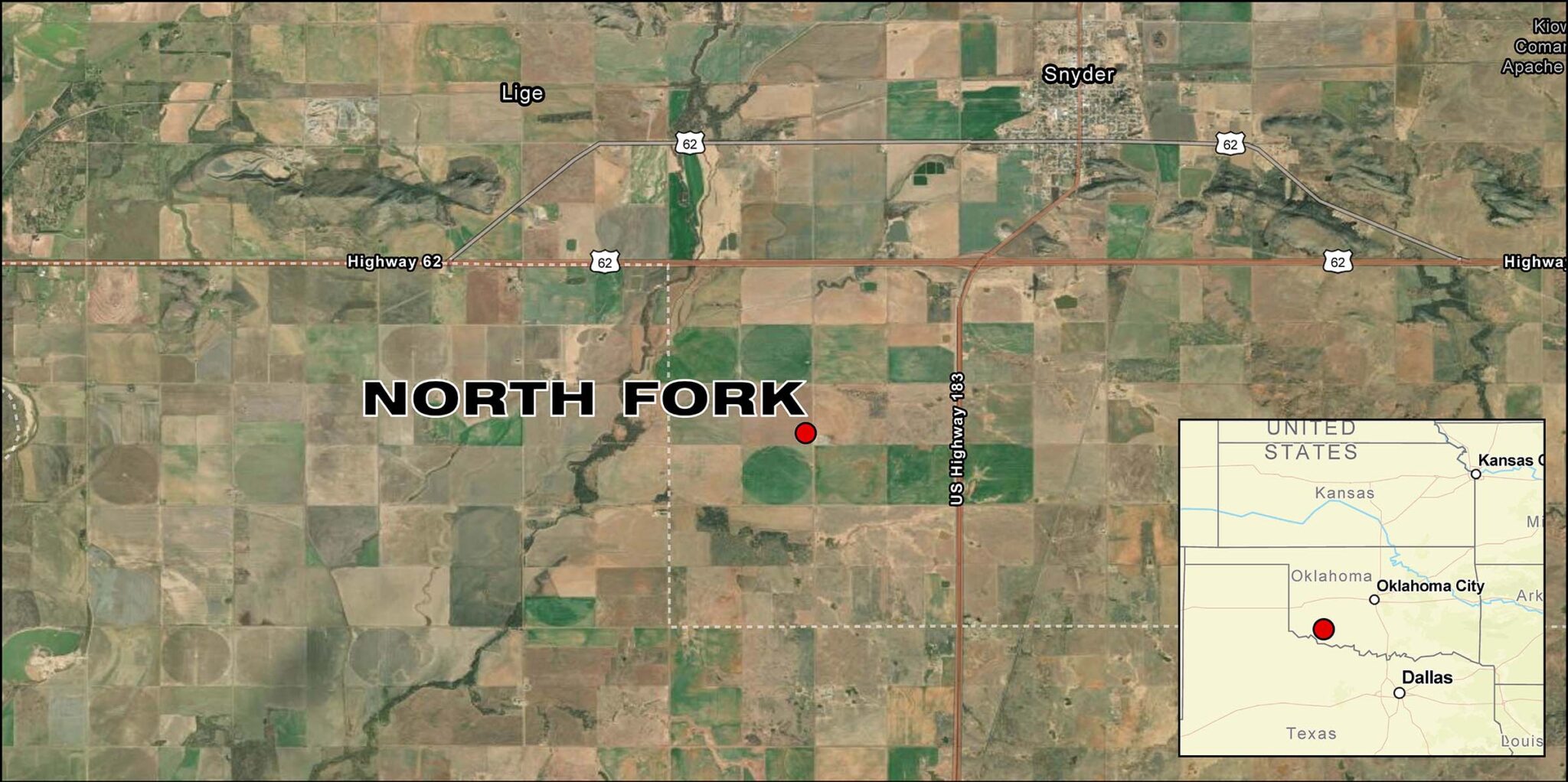When sited and developed properly, the installation of a solar facility will have minimal impacts on wildlife in the area. In fact, studies show that solar facilities can provide shelter for species, promote land stability, preserve habitat, and support biodiversity.
Natural resource assessments have been conducted on the North Fork Solar Project site to determine presence, if any, of federally or state listed species and critical habitat. The assessments concluded that the project area does not contain habitat suitable for federally listed species with potential to occur in the Project Area. As a voluntary measure, coordination was completed with the US Fish and Wildlife Service (USFWS) to identify voluntary best management practices that the project could implement to avoid impacts to federally listed species. As a result of this coordination, the project has committed to several best management practices (BMP) to minimize impacts to the federally listed Whooping Crane, which are known to migrate through Kiowa County. These BMPs include marking existing transmission lines with bird diverters, reduction of skyward illumination, and implementing a workers environmental awareness plan during construction.
As an additional measure aimed at protecting Kiowa County wildlife, the project is implementing a Migratory Bird and Eagle Conservation Plan which includes additional avoidance and minimization measures expected to reduce avian risk.
The project will include the planting of a site-specific native seed mix containing a wide variety of native grasses common to the region. By incorporating native plant species throughout the project area, it is expected that the project will contribute to soil health and fertility, wildlife habitat, and forage areas.


